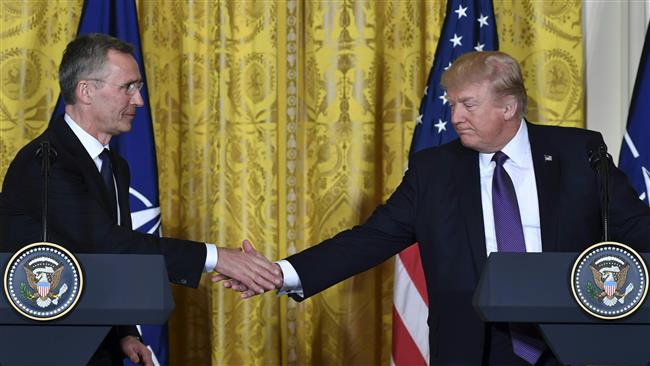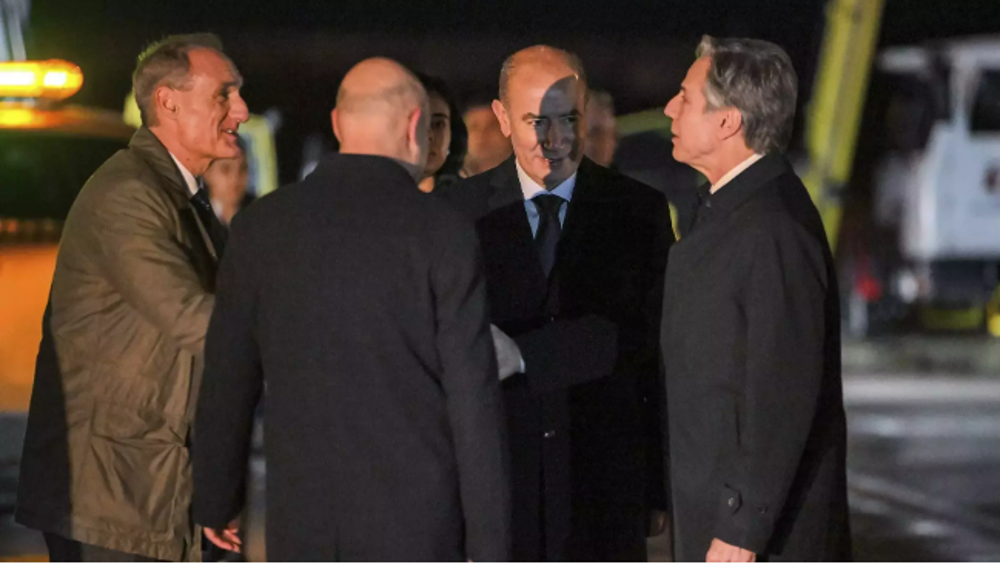Trump reverses many positions since taking office
US President Donald Trump has reversed his stance on an array of foreign and domestic issues that he adopted during last year’s presidential election campaign.
Since entering the White House less than three months ago, Trump has changed his mind on Russia, China, Syria and NATO, often breaking away from his firebrand campaign rhetoric.
Trump’s policy shifts, including his reneged promise to replace Federal Reserve Chair Janet Yellen, are becoming a hallmark of his presidency.
As a presidential candidate, Trump promised to officially call China a currency manipulator on his first day in office as president.
In February 2017, Trump described Chinese officials as “the grand champions at manipulation of currency.”
However, following his two-day summit last week in Florida with China’s President Xi Jinping, Trump officially reversed his stance, saying he wouldn’t call China a currency manipulator.
The still-new US president has also distanced himself from his campaign rhetoric in which he repeatedly called for closer ties with Russia and lavished praise on President Vladimir Putin.
Regarding NATO, Trump spent months in 2016 as a candidate criticizing the 28-member Western military alliance as obsolete. He denounced its effectiveness in the fight against terrorism and complained that other members are not contributing enough to the NATO budget.
But then, he reversed his position after meeting this week with NATO Secretary General Jens Stoltenberg at the White House.
“The secretary-general and I had a productive discussion about what more NATO can do in the fight against terrorism,” Trump said. “I complained about that a long time ago and they made a change, and now they do fight terrorism. I said it was obsolete. It’s no longer obsolete."
All presidents change positions once they get into office and receive more information, but Trump's pace "is still pretty remarkable," said political scientist Nicole Renee Hemmer, an assistant professor at the University of Virginia's Miller Center.
"We’ve had plenty of evidence over the past year and a half that Trump is a man of impulses more than a man of doctrine," she said, "which makes his policies much more pliable than most politicians."
Israeli strikes on north Gaza hospital ‘extremely dangerous, terrifying’: Director
VIDEO | Yemen targets Tel Aviv with Palestine 2 missiles
Pezeshkian: Iran resolved to complete North-South Transport Corridor
VIDEO | Iran-Syria: For Resistance
Qassam Brigades claims killing 3 Israeli troops in northern Gaza
More alive than ever: Sayyed Hassan Nasrallah's legacy grows stronger in martyrdom
Occupation of Syria’s highest peak Mount Hermon part of ‘Greater Israel’ project
Iran: Syrian people will decide their future without foreign interference










 This makes it easy to access the Press TV website
This makes it easy to access the Press TV website